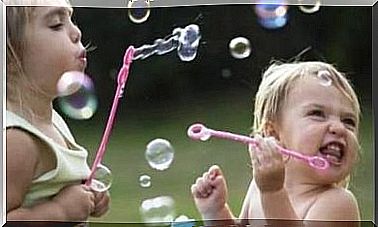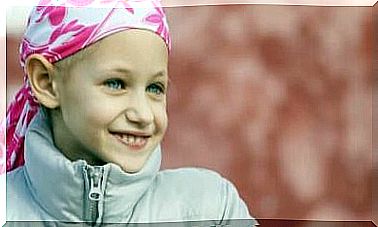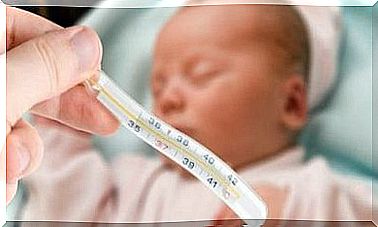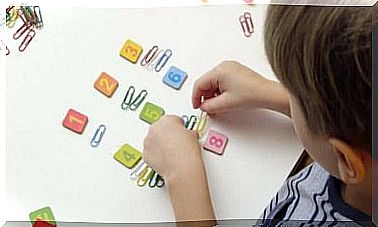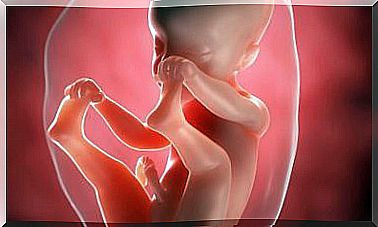The Importance Of Teaching Children To Drink Water In Summer
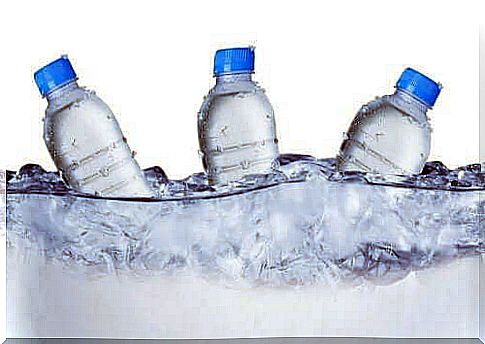
As they say, water is life and, therefore, it is very important to teach children to drink water in summer. So, for these days of lots of activity for children and intense heat, it is essential that our children stay hydrated.
Water is the main component of the human body. For adults, it varies between 70% and 75% and, for children, it reaches almost 80%. The objective, therefore, is to maintain this proportion.
In most cases, when children say they are tired, it is possible that this is due to inadequate water consumption and also to the fact that the body may be functioning inefficiently.
Without a doubt, adequate and regular water consumption has numerous health benefits. In addition, we must remember that the habit of teaching children to drink water in the summer, in addition to keeping their bodies healthy, will keep them active and happy.
Benefits of teaching children to drink water in summer
The benefits that are obtained from getting children used to drinking water are more than proven. That way, if children are well hydrated, their bodies will function properly. In addition, it will be a good way to promote a healthy habit aimed at caring for the body.
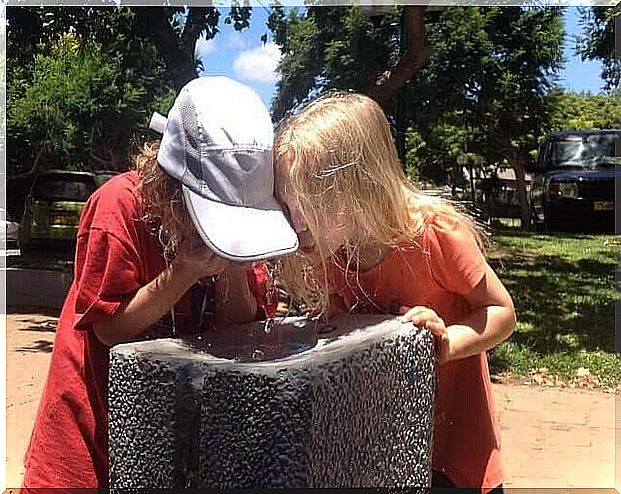
Among the most important benefits, we can mention the following:
- Water helps the body eliminate toxins. It is a daily process of purification through waste: urine, feces and perspiration.
- With the vital liquid, the metabolism of food is stimulated.
- Water improves the functioning of the gastrointestinal tract. In addition, it also prevents constipation, a very common malaise in children.
- Keeps joints, tendons and mucous membranes lubricated.
- Optimizes the process of transporting nutrients to cells.
- The thermoregulatory function is carried out efficiently, with which the vital organs are protected.
How much water should children drink?
Children are more susceptible to changes in temperature. That’s because their skin is thinner and this allows perspiration to be more complex, losing a lot of fluid even though they don’t show signs of being thirsty.
A baby who is being breastfed will have its water needs met. It must be remembered that breast milk is made up almost entirely of water.
On the other hand, from the first year, it is recommended to give the baby juice or dairy products every three hours. When the child is already four years old, he should drink an average of 1.5 liters of water a day, and finally, from 9 to 13 years old, 2.4 liters a day.
In reality, these averages are a standard and are merely a guide. We must take into account the child’s size and weight, as well as his activity level and where he is. In summer, high temperatures, humidity and a high level of perspiration make the child lose a lot of fluid.
alarming signs
Babies and young children can suffer from dehydration when they have viral conditions such as diarrhea and vomiting. Thus, we have to be very careful in case they show any of these symptoms:
- If urine turns dark.
- If the stools are dry and hard.
- Loss of 5% of your body weight.
- The skin takes on a gray tone.
- Mouth, tongue, eyes and mucous membranes are generally dry.
- The child is continually tired, with signs of fatigue and exhaustion.
- They urinate very little. Babies must urinate at least every 3 hours.
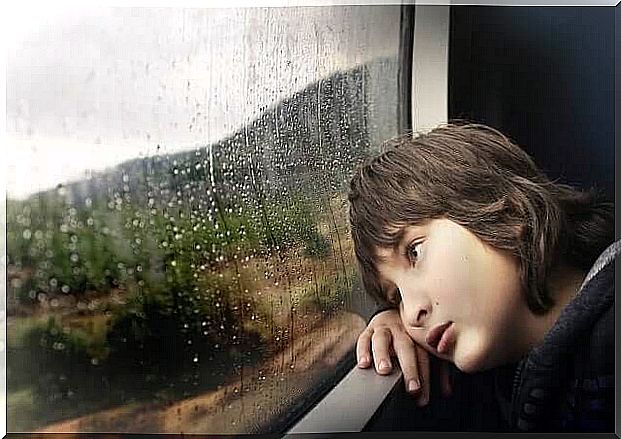
If you notice any of these symptoms, it is recommended that you visit your pediatrician and start fluid replacement therapy through serums and orally. In addition, you can also opt for homemade recipes until you receive medical assistance.
Recommendations for hydrating children in summer
- Clothes should be cool and comfortable. It is recommended to apply sunscreen to children, as well as wearing caps and hats.
- Drink water, natural juices and frappe.
- Include in the summer diet: melon, tomato, watermelon, zucchini, strawberry and pineapple. That’s because these foods have almost 90% of their composition made up of water. In fact, in the form of a snack or a dessert, they are ideal for keeping children hydrated.
- Prevent children from being exposed to the sun during the hottest hours, as well as avoid unventilated places.
Children and the elderly are the most likely to suffer from heat waves and high temperatures in summer. Therefore, taking some precautions will avoid worries and headaches for us.


